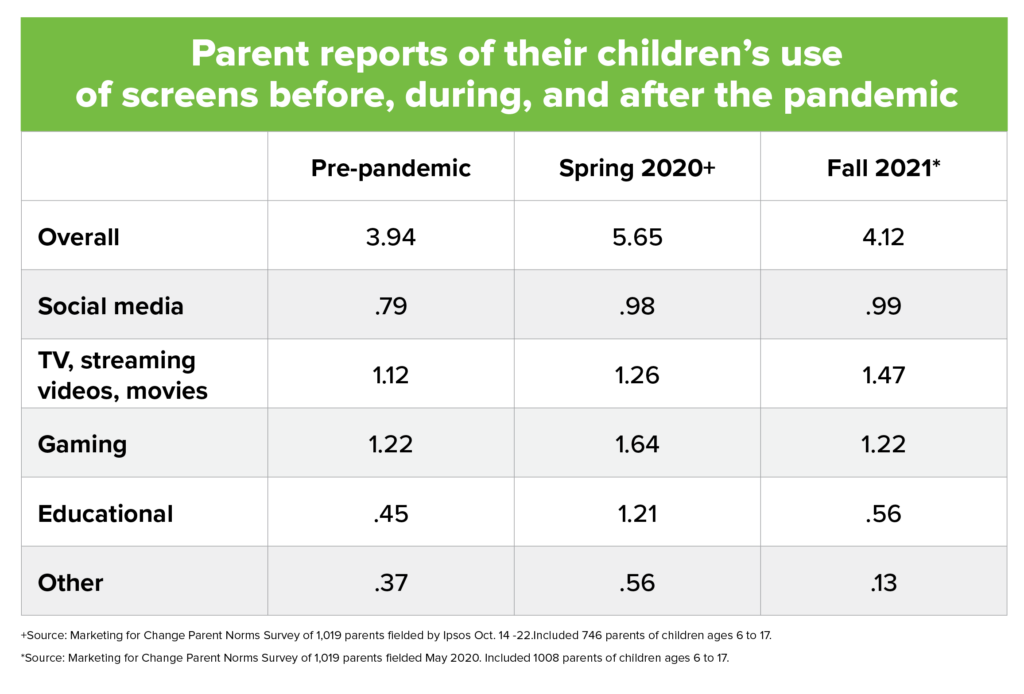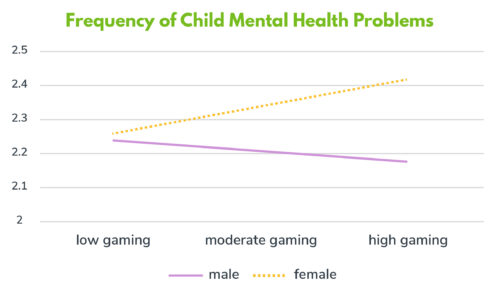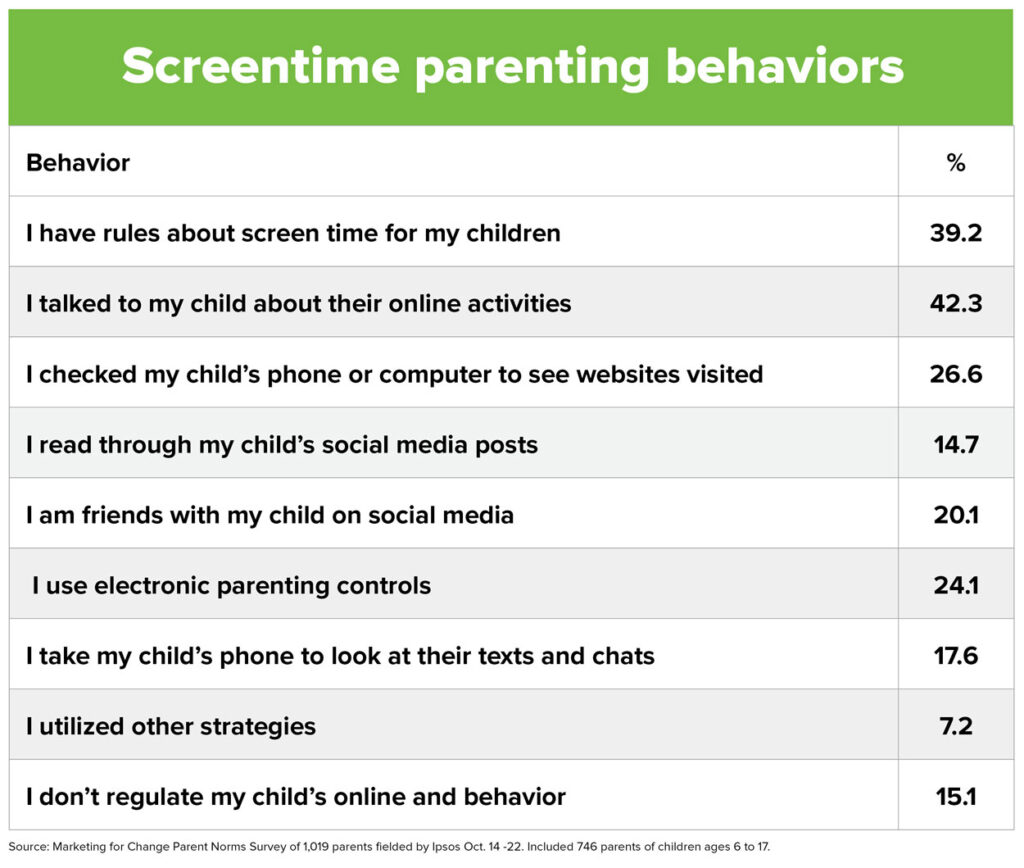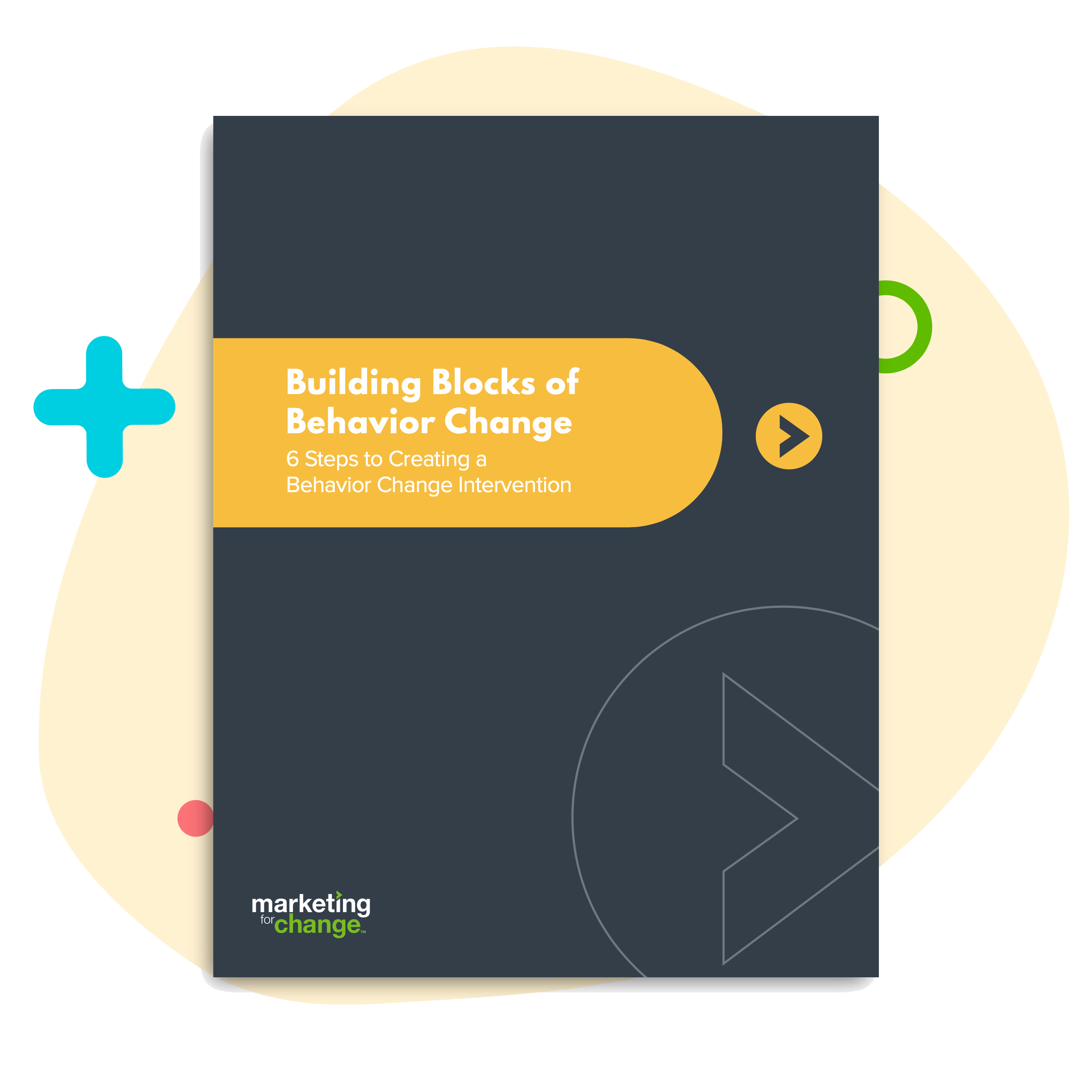
Is Screen Time Bad for Kids? It Depends On the Screen
Even before the pandemic, U.S. children spent a lot more time looking at screens than experts recommend. However, a new national poll from the U.S. Parent Norms & Behavior Survey from Marketing for Change shows that kids who spend more time on certain kinds of screens are more likely to suffer poor mental health than others.
The study also shows that parents vary widely on how they monitor their children’s online behavior, from a more hands-off setting of rules and expectations to active snooping through kids’ social media and texts (which experts say can backfire).
The U.S. Parent Norms & Behavior Survey has been tracking a variety of parent and child behaviors and perceived norms since 2020, including at key points during the pandemic. The recent poll, fielded in fall 2021 by the global research firm Ipsos, included 746 parents of children ages 6 to 17 and covered a range of topics including children’s screen time behavior, parenting strategies to control their children’s behavior, parents’ beliefs about what other parents are doing about screen time, and children’s mental health.
While the issue of kids and screen times, and whether and how to monitor it, is far from settled, the poll provides key insights for parents and parenting advocates as we settle into a new normal.
First, let’s think about the ways screen time is good
Kids’ screen time — and parents and experts worrying about kids’ screen time — is nothing new. But the pandemic turbo-charged its importance. Computers became education hubs for remote learning. Phones became the sole means of social interaction for tweens and teens isolated from their peers. As a parent of two tween daughters and a kindergartner, I can also attest to another important role that screens played during pandemic lockdowns: giving my children something to do while they were cut off from the wider world.
However, as we settle into a new normal — with most kids back in school and having access to at least some social time in real life — our latest national poll of parents shows a clear downward trend in screen time. After spiking to new highs during widespread lockdowns in spring 2021, The U.S. Parent Norms & Behavior Survey shows screen time has mostly returned to pre-pandemic levels at about 4 hours on an average Friday.
Parent reports of their children’s use of screens before, during and after the pandemic
But where kids are spending time online, and how that impacts their mental health, varies widely, as does how parents monitor what their child does online, the survey shows.

3 key takeaways about kids and screen time
Here are key insights on screen time from the survey results. (More complete data can be found at ParentNorms.com, including on other topics like firearm ownership and safety.)
Not all screen time is the same
One of the most important findings from the screen time poll is that where kids spend their screen time is directly associated with mental health impacts. While “screen time” is often lumped into a single category, the study showed that more time spent on two kinds of screen time — social media (for boys and girls) and gaming (for girls) – is associated with parents reporting that their kids feel fretful, angry, irritable, anxious, or depressed.

Research in developmental science hints at several potential explanations for these patterns. In terms of social media use, a likely culprit is constant self-comparison to the air-brushed and perfected images they encounter online – a known contributor to poor self-esteem, especially among adolescent girls. Although there has been a great deal of media attention to this issue and even efforts to call attention to image manipulation with disclaimer labels, few parents are talking to kids about this problem. The most recent poll showed fewer than 1 in 3 parents (30%) said they often or always talk to their child about comparing themselves or how they look to the people and images they see on social media. About one-third of parents (35%) say they sometimes have such discussions, and another third (35%) reported that they never or rarely talk to their child about the problems of comparing oneself to the images on social media.
As for gaming for girls, previous studies have found that adolescent girls who play video games more frequently also have lower levels of social competence. Potentially, girls who play video games are more socially isolated putting them at greater risk of mental health issues. In addition, online gaming environments are notorious for exposing female players to sexist comments and abuse. Increased exposure to such sexist abuse has been found to decrease feelings of social support, which may be particularly harmful for adolescent girls.
Tweens’ online activities get monitored more than children or teens
Another key takeaway is that when it comes to monitoring, parents’ behaviors vary widely and do not believe there is a clearcut norm on what parents should do.
While the vast majority of parents do at least some monitoring of their children’s online activity – with only 15% of parents reporting no monitoring at all — among the 85% of parents who do monitor, activities range widely from setting clear rules and expectations to active snooping.
Here’s how parents said they regulate and monitor their children’s screen time activities.

Parents engaged in more rigorous screen regulation strategies for younger children (ages 6-9) and especially for tweens (ages 10-12) while using less controlled approaches with teenagers (ages 13-17). In fact, parents of teens were more likely to report that they didn’t regulate their child’s screen time at all (26.2%) compared to parents of tween (8.5%) and younger children (4.5%). Compared to parents of teens, parents of tweens and younger children had more family rules about screen time (51.7% and 49.3% vs. 20.3%) and were more likely to utilize electronic parenting controls to regulate children’s screen activities (31.3% and 28.3% vs. 13.6%). Importantly, compared to parents of teens and younger children, parents of tweens were especially likely to utilize more “snooping” strategies such as checking websites the child has visited (37.3% vs. 20.3% and 26.4%) or taking the child’s phone to read their texts and chat messages (23.3% vs. 16.3% and 13.6%).
Monitoring is important but snooping can backfire
It is critical for parents to monitor their children’s online activities, but research points to the importance of being thoughtful about how to monitor screen time. Positive communication in which children feel comfortable honestly disclosing their behavior is the best strategy for ensuring children, tweens and teens are engaging in healthy and safe online activities. Setting appropriate limits for online activity through family rules is also an important strategy, but parents should make sure rules are communicated clearly, potentially even with input from tweens or teens, as rules that are viewed by youth as being overly harsh or restrictive may actually backfire and lead tweens and teens to disclose less and keep more secrets about their online activities. Utilizing electronic screen time monitoring apps are useful for gaining general information on how youth are spending their time when they are using screens, but parents should be cautioned against relying solely on such apps. In a recent examination of online search terms, we found that many of the most used search phrases for monitoring apps included phrases such as “how to turn off screen time app” or “ways to get around screen limits.” Parents should be aware that their youth may be strongly motivated to find ways around such apps. As a parent of 3, I can safely say that the likelihood your children are at least as tech-savvy as their parents (or in my case, much more) is high.
Finally, I would caution parents against the use of “snooping” strategies such as looking through their children’s phones. If there are any safety concerns, parents should definitely directly check what their children are saying or doing online. However, it is important that parents keep in mind that teens and tweens view parents’ attempts to look through their children’s phone as an invasion of privacy. Engagement in “snooping” can negatively affect the child-parent relationship, and parents who engage in more frequent snooping actually know less about their children’s activities than other parents.
Explore more data from our tracking survey on what’s normal for parents (and their kids).

Aaron Metzger is the director of research at Marketing for Change.






